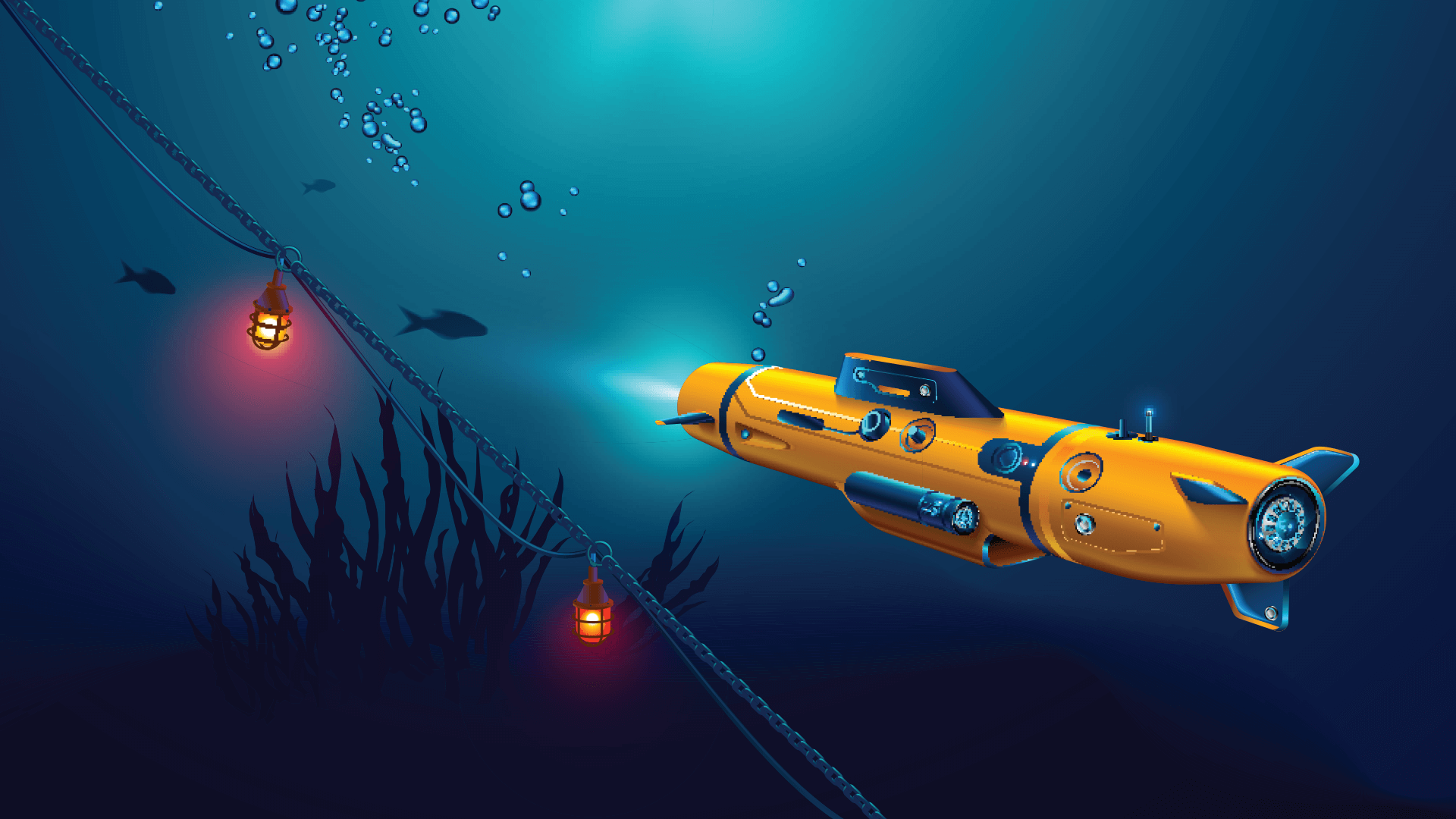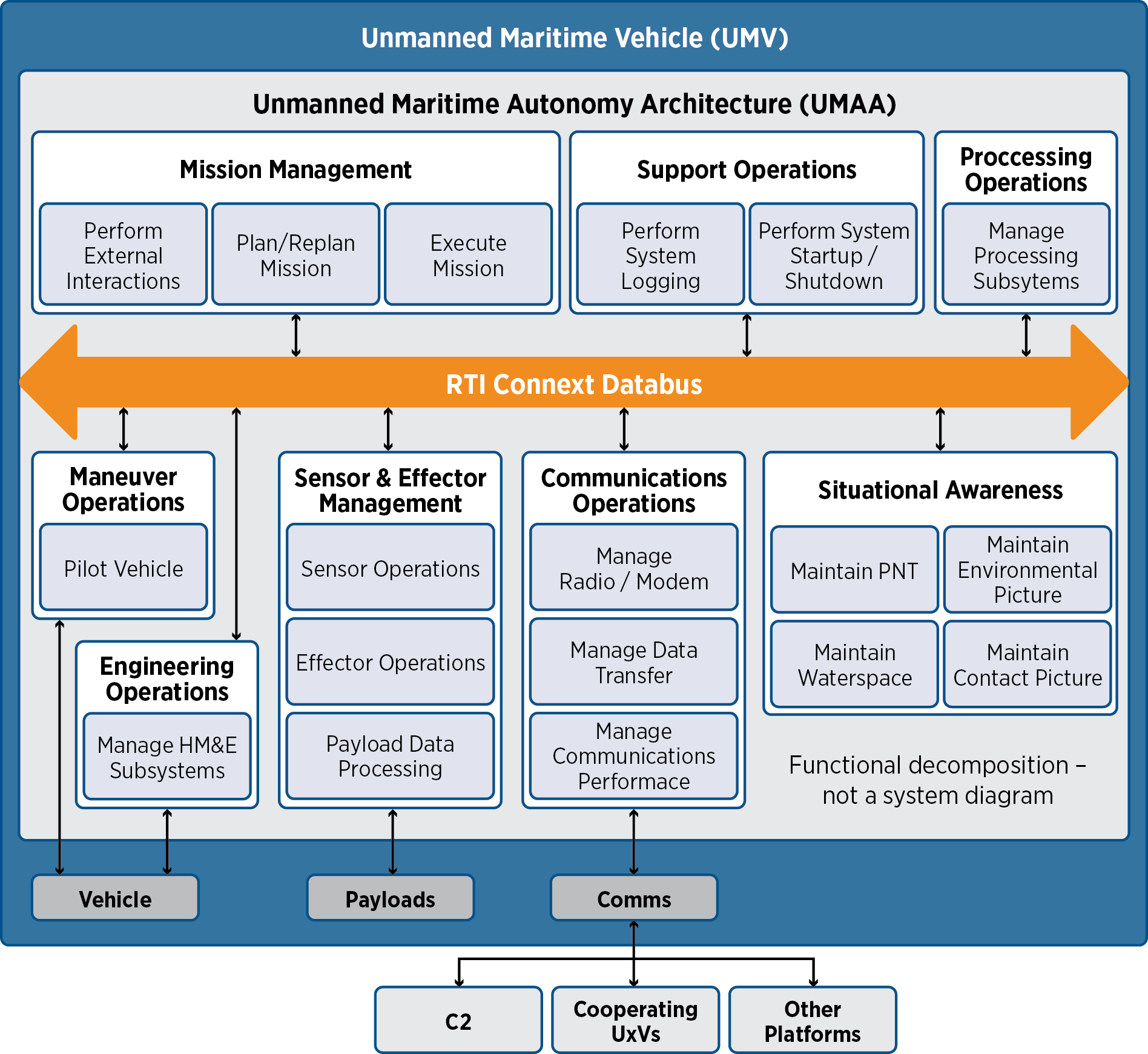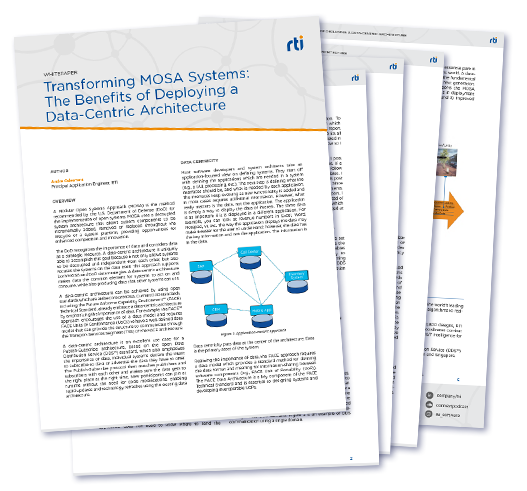Visibility
Communicate, record and log activity in undersea operations
RTI is the world’s largest DDS supplier and Connext is the most trusted software framework for critical systems.
|
From downloads to Hello World, we've got you covered. Find all of the tutorials, documentation, peer conversations and inspiration you need to get started using Connext today.
RTI provides a broad range of technical and high-level resources designed to assist in understanding industry applications, the RTI Connext product line and its underlying data-centric technology.
The monthly RTI Newsletter lets you in on what’s happening across all the industries that matter to RTI customers.
RTI is the software framework company for physical AI systems. RTI Connext delivers the reliability, security and performance essential for highly distributed autonomous and physical AI systems.
Using Modular Open Systems Approach (MOSA) to Accelerate the Next Generation Navy

Communicate, record and log activity in undersea operations
Rapid insertion, maintainability and extensibility
Responsive ship-to-shore communications
Core functions connected via an autonomy databus
Building autonomous maritime systems is incredibly challenging due to the ever-changing environment and adversarial threats. Undersea systems have additional challenges as they submerge and lose communications.
To help meet these challenges, the U.S. Navy has developed the Unmanned Maritime Autonomy Architecture (UMAA) to define a comprehensive data model and a standardized group of services required of maritime vessels and systems. This data model and the required services connect via a common connectivity framework, based on the Data Distribution Service (DDS™) standard.
RTI Connext implements the UMAA Autonomy Bus as defined in the UMAA Architecture Document, and provides fast, scalable, reliable, and secure connectivity for on- and off-vehicle communications in real time. Through its integration with UMAA-based designs, Connext enables rapid system updates and mission readiness, while driving down system maintenance costs.

RTI Connext drives UMAA mission success by:

Learn how Connext enables rapid system updates and mission readiness, while reducing costs.

A technical whitepaper on how data-centric architecture can accomplish the U.S. DoD-recommended approach.